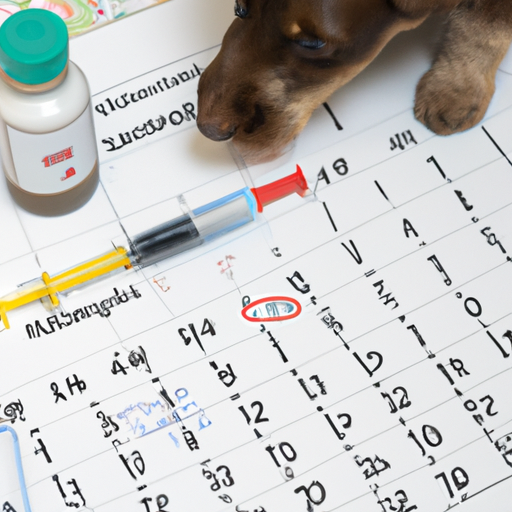As a caregiver, it’s natural to have questions and concerns about your furry friend’s well-being. One such query that dog owners often have is, “How long do rabies vaccines last in dogs?” This article will provide comprehensive insights into this topic. Let’s dive in.
Understanding the Rabies Vaccine
Rabies is a deadly disease. Thankfully, vaccines have been developed to protect our pets from this fatal condition. The rabies vaccine is a core vaccine, meaning it’s recommended for all dogs.
-
Importance of the Vaccine: Rabies is a zoonotic disease — it can be transmitted to humans from animals. Hence, vaccinating your dog not only safeguards its health but also protects you and your family.
-
Vaccine Administration: The rabies vaccine is typically administered via an injection. It’s often given when the puppy is around 12 to 16 weeks of age.
Duration of Rabies Vaccines in Dogs
The duration of the rabies vaccine’s effectiveness can vary based on several factors:
-
Type of Vaccine: There are one-year and three-year vaccines available. The one-year vaccine needs to be administered annually, while the three-year vaccine, as the name suggests, lasts for three years.
-
Local Regulations: Some areas have laws that require annual rabies vaccinations, regardless of the type of vaccine used.
-
Veterinarian’s Recommendation: Your vet may recommend a different schedule based on your dog’s health status and lifestyle.
Booster Shots and Titers
Booster shots help maintain the protection provided by the rabies vaccine. Some dog owners also opt for titers, which are blood tests to measure the level of antibodies against rabies in your dog’s system.
| Method | Pros | Cons |
|---|---|---|
| Booster Shots | Ensures ongoing protection | May cause side effects in some dogs |
| Titers | Can indicate if a booster is needed | Does not guarantee protection |
The Risk of Rabies in Non-Vaccinated Dogs
Dogs that are not vaccinated against rabies are at a significant risk. Rabies is often fatal once symptoms appear. Vaccination is the best way to prevent this disease.
Frequently Asked Questions
Q: Can my dog get rabies even after vaccination?
A: It’s extremely rare, but possible. If your dog is exposed to rabies, contact your vet immediately.
Q: Can I skip the rabies vaccine for my indoor dog?
A: Even indoor dogs should be vaccinated as they can still be exposed to rabies.
Q: What are the side effects of the rabies vaccine?
A: Most dogs experience no side effects. Some may have mild reactions like soreness at the injection site or fever.
Remember, as a caregiver, it’s your responsibility to ensure your pet’s health and safety. Regular vaccinations, including the rabies vaccine, are essential components of responsible pet ownership.



